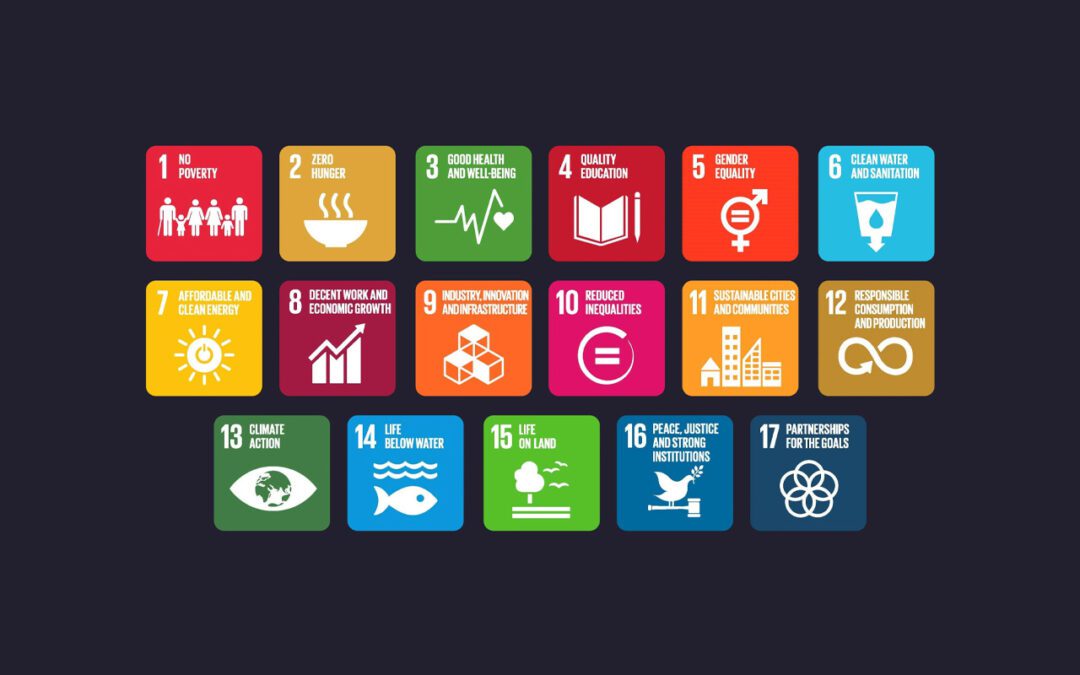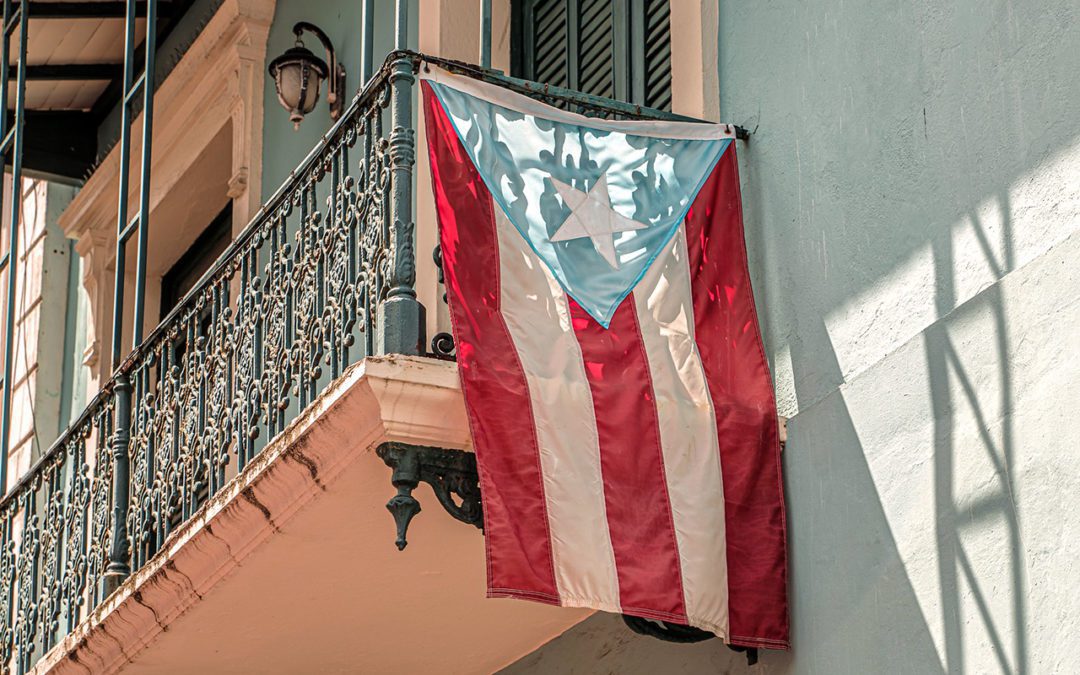
by Gigi Aulsebrook | Blended Finance & Philanthropy, Editor's Picks, ESG Investing, Financial Inclusion, Gender Lens, Global, Impact Economy, Impact Investing, Impact Measurement & Management, Island Nations, North America, Regions, SDG 1 - No Poverty, SDG 14 - Life Below Water, SDG 16 - Peace, Justice, and Strong Institutions, SDG 17 - Partnerships for the Goals, SDG 5 - Gender Equality, SDGs
Impact investing is growing, with more capital flowing toward innovative solutions aimed at solving the world’s most pressing challenges. Yet, as revealed by the Norrsken Impact 100 list for 2024 – a list of the most promising impact startups, as chosen by Norrsken...

by Rachel Lim | Asia, Global, Impact Economy, Impact Investing, Island Nations, North America, Oceania, Regions, Scaling Solutions, SDG 13 - Climate Action, SDG 14 - Life Below Water, SDG 9 - Industry, Innovation, and Infrastructure, SDGs, Tech for Social Good
Beneath the tranquil azure of our oceans lies a crisis of staggering proportions. Despite the fact that marine ecosystems are profoundly important for human well-being — providing us with food and medicine, buffering coastal infrastructure from severe climate events,...

by Anne Field | Blended Finance & Philanthropy, Circular Economy, Editor's Picks, Financial Inclusion, Impact Economy, Impact Investing, Impact Measurement & Management, Island Nations, North America, Place-based Investing, Policy & Regulation, Scaling Solutions, SDG 1 - No Poverty, SDG 11 - Sustainable Cities and Communities, SDG 13 - Climate Action, SDG 8 - Decent Work and Economic Growth, SDG 9 - Industry, Innovation, and Infrastructure, Stakeholder Capitalism, Systems Change, Tech for Social Good
This article was updated on 9/17/2022 to clarify certain information and add additional detail. In September 2017, Puerto Rico was hit by a catastrophic double whammy — Hurricane Irma and, just two weeks later, Maria, both devastating storms with Category 4+ winds....


